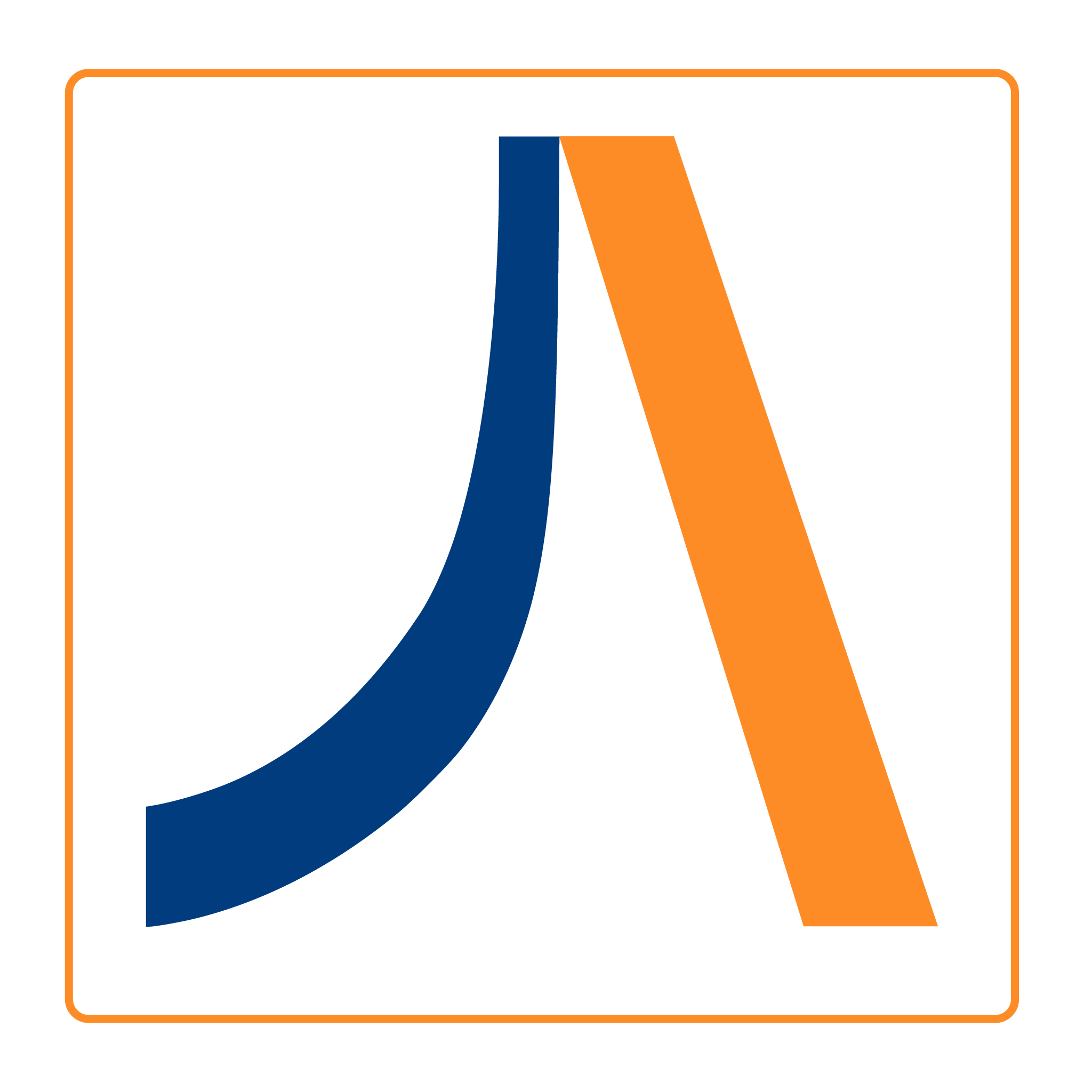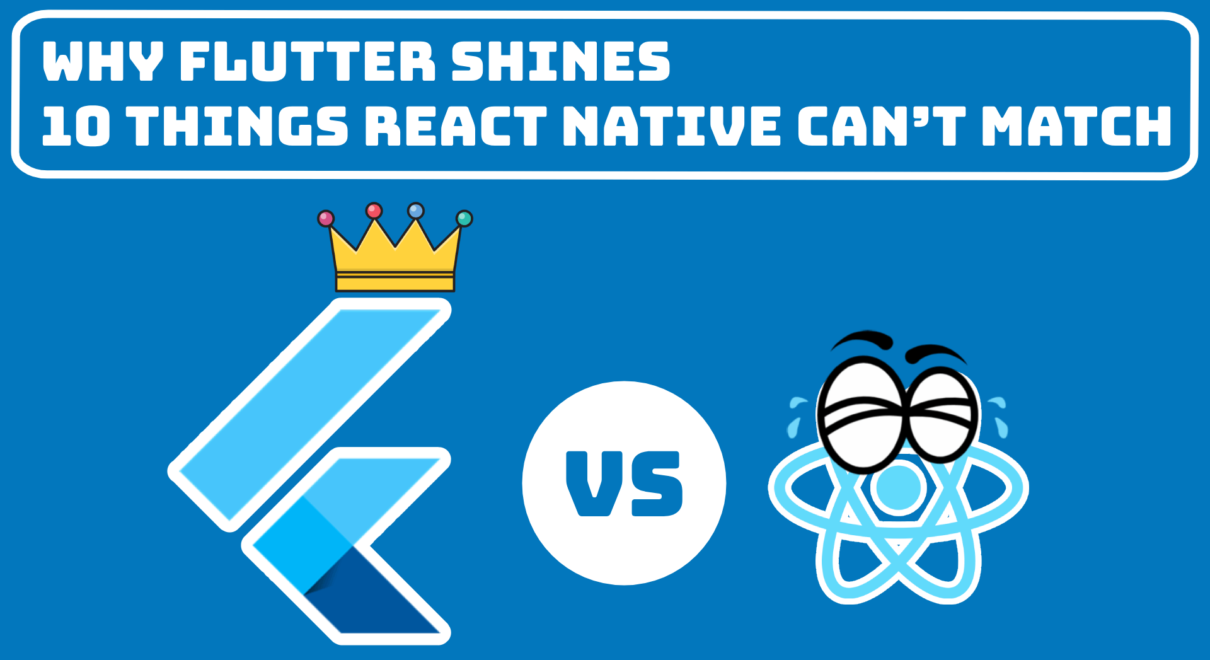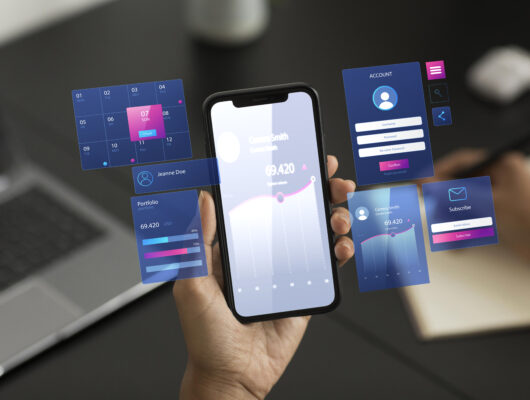When it comes to cross-platform development, the first thing that comes to mind is React Native as it’s been here for a while.
But do you know that certain things cannot be achieved by React Native but are possible with Flutter?
Curious to know what it is?
Let’s explore the 10 things possible with Flutter but in React Native.
1) Dart Programming Language
Flutter employs Dart as its programming language, whereas React Native utilizes JavaScript.
Dart’s strong typing, early compilation, and modern syntax make things faster and easier for developers.
2) Widget-Based Architecture
Flutter adopts a widget-based architecture where everything is a widget, including layout, styling, and even the app itself.
This approach provides greater flexibility and control over the user interface compared to React Native’s component-based architecture.
3) Hot Reload
Flutter’s hot reload feature allows developers to instantly see the changes they make to the code reflected in the app without restarting it.
This significantly speeds up the development process and enhances productivity, a feature not directly available in React Native.
4) Custom UI Controls
Flutter offers a rich set of customizable UI controls out-of-the-box, enabling developers to create visually stunning and platform-consistent designs effortlessly.
React Native, on the other hand, often requires third-party libraries or native modules for similar functionalities.
5) Consistent Performance
With Flutter, developers can achieve consistent performance across different platforms due to its high-performance rendering engine, Skia.
React Native relies on the native UI components of each platform, which may lead to performance variations.
6) Material Design and Cupertino Widgets
Flutter provides ready-to-use sets of widgets for both Material Design (Android) and Cupertino (iOS) design languages.
This ensures that Flutter apps look and feel native on each platform, a feature not inherently available in React Native.
7) Platform Channels for Native Integration
Flutter allows seamless integration with platform-specific code through platform channels.
Developers can access native APIs and functionalities directly which provides greater flexibility and access compared to React Native’s bridge-based approach.
8) Single Codebase for Web and Desktop
While React Native primarily focuses on mobile app development, Flutter extends its support to web and desktop platforms.
Developers can leverage a single codebase to build applications for mobile, web, and desktop environments, offering unparalleled versatility.
9) Flutter DevTools
Flutter comes with a comprehensive set of development tools, including Flutter DevTools, which offers insights into app performance, debugging, and profiling.
These tools enhance the development experience and help in optimizing app performance, a feature not as integrated in React Native.
10) Community and Support
Although both frameworks have active and supportive communities, Flutter’s community is rapidly growing, with Google backing its development.
This translates to robust documentation, frequent updates, and extensive community-driven resources that create a vibrant ecosystem for Flutter developers.
Added Bonus
11) Compilation
Ahead-Of-Time (AOT) compilation in Flutter ensures faster app startup and improved performance by precompiling code into native machine language during the build process.
Whereas Just-in-Time (JIT) compilation in React Native leads to slower app startup times and increased memory usage.
To Conclude
Even though many people say that React Native is a good and popular choice for cross-platform app development, it cannot outcompete Flutter.
Flutter offers a unique set of features and capabilities that give happy faces to developers and users.
When you explore the performance, customization, and platform support of Flutter, you will come to the conclusion that Flutter is the right choice for building high-quality apps efficiently and effectively when compared to React Native.
Still confused. Check out this blog which guides you in choosing the best framework for mobile app development.
So, if you are planning to build a cross-platform mobile app using Flutter, then feel free to contact our team.
Happy Coding!





